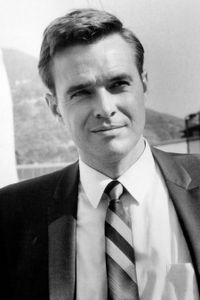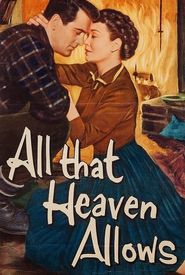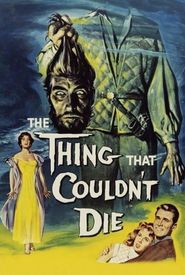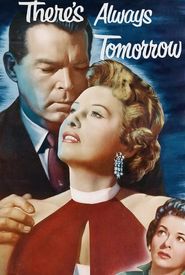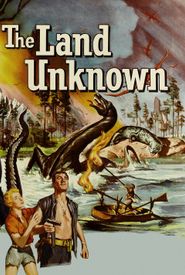William de Clerq Reynolds, a renowned actor, was born in the vibrant city of Los Angeles, and his cinematic journey commenced in 1951, shortly after his wedding to Molly Sinclair. This dashing thespian portrayed a multitude of authority figures, showcasing his impressive range in both film and television.
Throughout his illustrious career, Reynolds demonstrated an uncanny ability to convey a vast array of emotions, exemplified by his tour-de-force performance as "Lt. Fitzgerald" in the 12 February 1960 episode of The Twilight Zone, specifically "The Purple Testament."
